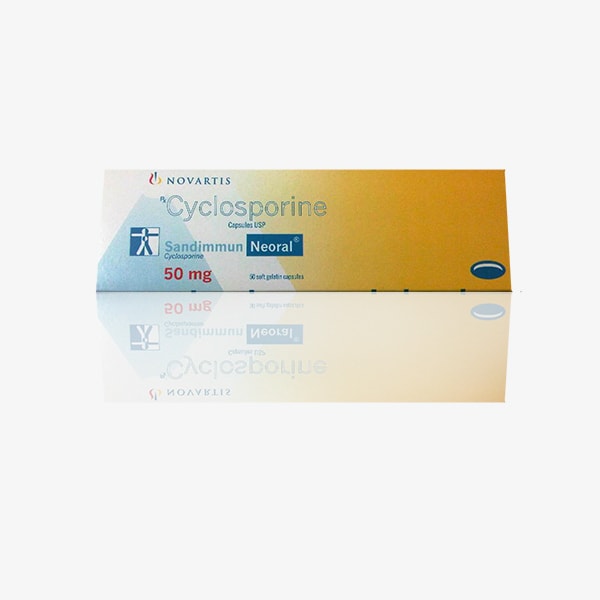
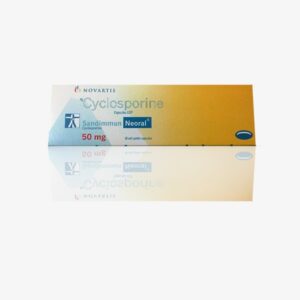
Buy Sandimmun Neoral : Cyclosporine 50 mg Capsules 50’S Online
$49.96
Brand Name : Sandimmun Neoral
Composition : Cyclosporine
Manufactured by : Novartis India Ltd.
Strength : 50 mg
Form : Capsules
Packing : Pack of 50 Soft Gelatin Capsules
Prescription Required *
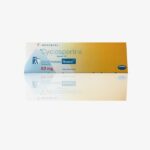
Buy Sandimmun Neoral : Cyclosporine 50 mg Capsules 50’S Online
$49.96
- Description
- Reviews (0)
Description
Summary Information: Sandimmun Neoral is a medication available in the form of capsules, with each capsule containing 50 mg of the active ingredient, cyclosporine. Cyclosporine is an immunosuppressant medication used in the prevention of organ rejection after transplantation and in the treatment of certain autoimmune disorders. Sandimmun Neoral is a specific formulation of cyclosporine that offers improved bioavailability and consistent drug absorption compared to the original Sandimmun formulation.
Usage Instructions: Sandimmun Neoral capsules are taken orally with water. The recommended dosage and administration schedule may vary depending on factors such as the type of transplant, the patient’s weight, kidney function, and other individual considerations. It is essential to follow the prescribed regimen closely and not to adjust the dosage without consulting a healthcare professional.
Storage: Sandimmun Neoral capsules should be stored according to the manufacturer’s instructions. They are typically stored at room temperature, away from moisture and heat. It is essential to keep the capsules in their original packaging and out of reach of children.
Precautions and Contraindications:
- Sandimmun Neoral should only be used under the supervision of a qualified healthcare professional experienced in immunosuppressive therapy.
- It is contraindicated in individuals with known hypersensitivity to cyclosporine or any of the components of the product.
- Sandimmun Neoral may interact with certain medications, so it is important to inform the healthcare provider about all medications being taken, including prescription and over-the-counter drugs.
Side Effects: Common side effects of Sandimmun Neoral may include high blood pressure, kidney problems, tremors, headache, and gastrointestinal disturbances. Serious side effects such as infections, liver problems, or allergic reactions are rare but should be reported to a healthcare professional immediately if they occur.
Sandimmun Neoral is an important medication for individuals undergoing organ transplantation or managing certain autoimmune disorders, offering effective immunosuppression to prevent rejection and maintain organ function. However, its use requires careful monitoring and management by a healthcare professional to minimize the risk of side effects and ensure optimal therapeutic outcomes.
Be the first to review “Buy Sandimmun Neoral : Cyclosporine 50 mg Capsules 50’S Online” Cancel reply
Related Products
Buy Cellcept : Mycophenolate 500 mg Tablets 50'S Online
Total Sales: 0
SKU: 819543
Buy Mycept : Mycophenolate 250 mg Capsules 60'S Online
Total Sales: 0
SKU: 512635
Buy Mycept : Mycophenolate 500 mg Tablets 60'S Online
Total Sales: 0
SKU: 171154
Buy Pangraf : Tacrolimus 0.5 mg Capsules 60'S Online
Total Sales: 0
SKU: 813977
Buy Sandimmun Neoral : Cyclosporine 100 mg Capsules 50'S Online
Total Sales: 0
SKU: 665992


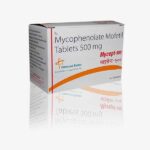
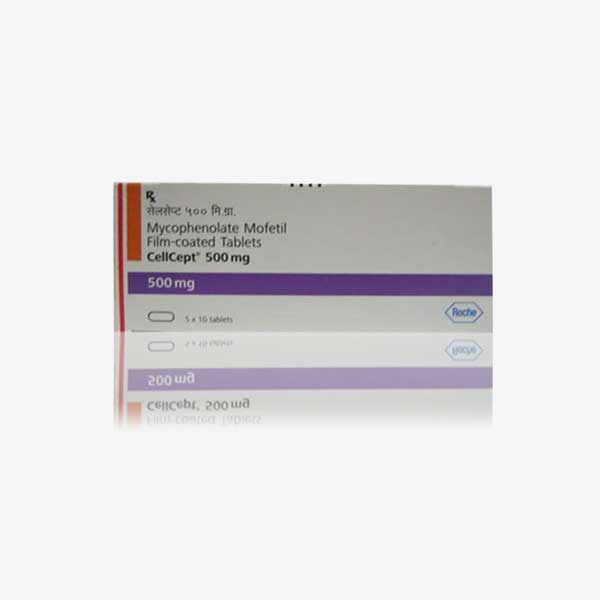
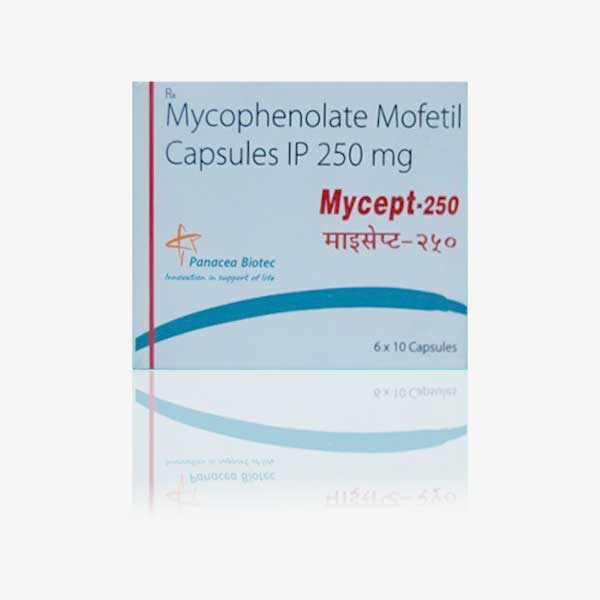
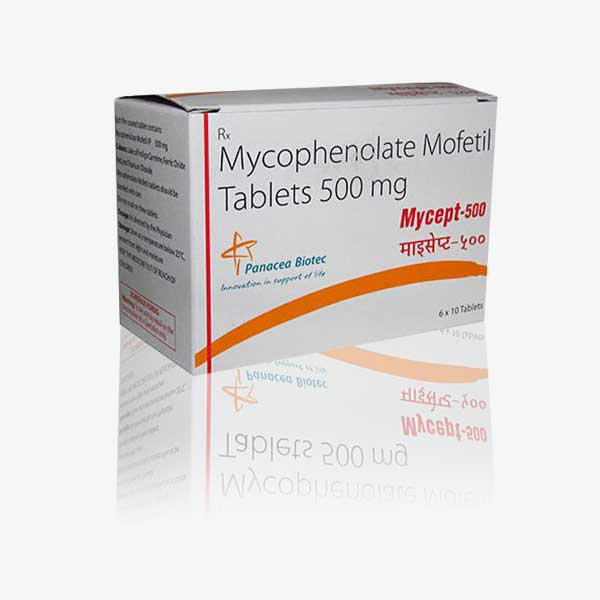
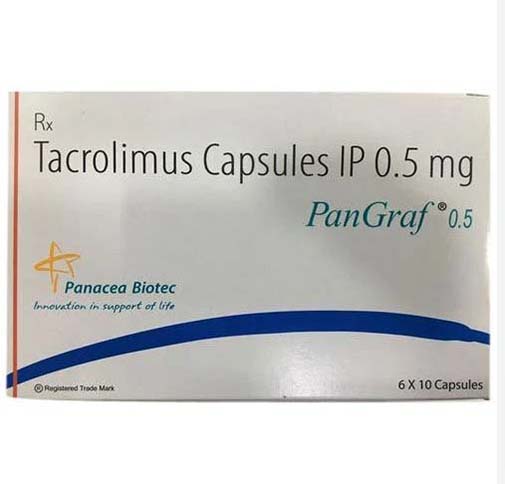

Reviews
There are no reviews yet.